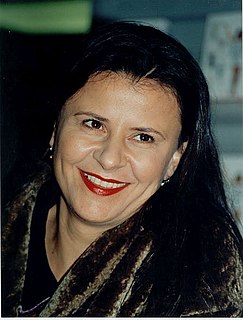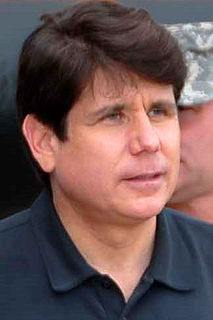A Quote by Caroline Fraser
Christian Science has always appealed to the middle-classes and the upper middle classes. In part, this is because it requires a certain amount of education to study 'Science and Health' to the degree that Christian scientists do. It's not an easy book to read! It's 700 pages, and it's written in a nineteenth-century manner and diction.
Related Quotes
Making information free is survivable so long as only limited numbers of people are disenfranchised. As much as it pains me to say so, we can survive if we only destroy the middle classes of musicians, journalists, and photographers. What is not survivable is the additional destruction of the middle classes in transportation, manufacturing, energy, office work, education, and health care. And all that destruction will come surely enough if the dominant idea of an information economy isn't improved.
I've noticed a fascinating phenomenon in my twenty-five years of teaching - that schools and schooling are increasingly irrelevant to the great enterprises of the planet. No one believes anymore that scientists are trained in science classes or politicians in civics classes or poets in English classes. The truth is that schools don't really teach anything except how to obey orders.
One of the most persistent fallacies about the Christian Church is that it kept learning alive during the Dark and Middle Ages. What the Church did was to keep learning alive in the monasteries, while preventing the spread of knowledge outside them... Even as late as the beginning of the nineteenth century, however, nine-tenths of Christian Europe was illiterate.
I think that Indian writing in English is a really peculiar beast. I can't think of any literature - perhaps Russian literature in the nineteenth century comes close - so exclusively produced by and closely identified with a tiny but powerful ruling elite, the upper-caste, Anglophone upper middle class, and dependent for so long on book buyers and readers elsewhere.
Up until the middle of the nineteenth century, men of science were all believers. Most of the great early English naturalists were also ministers; they were the only ones who had education and leisure for such pursuits. Darwin himself almost became a minister. God's power was always thought to be most easily and obviously revealed in the majestic works of nature.
My science teachers always encouraged their classes to 'go out and discover something' because all scientific endeavors depend on observation and experimentation. Through such pursuits, anyone can find something new to science, and if it's truly novel, the entire edifice of science might have to be restructured.
I... [proposed] three distinct grades of education, reaching all classes. 1. Elementary schools for all children generally, rich and poor. 2. Colleges for a middle degree of instruction, calculated for the common purposes of life and such as should be desirable for all who were in easy circumstances. And 3d. an ultimate grade for teaching the sciences generally and in their highest degree... The expenses of [the elementary] schools should be borne by the inhabitants of the county, every one in proportion to his general tax-rate. This would throw on wealth the education of the poor.
The Genealogical Science is a wonderful account of how old-fashioned race science has come to be re-defined by resort to the most recent developments in genetics. But this book is not simply another story of the ideological uses to which science may be put. Nadia Abu El-Haj has provided the reader with a very detailed analysis of the historical entanglement between science and politics. Her study should be required reading for anyone interested in the sociology of science-and also for those dealing with Middle Eastern nationalisms. This is a work of outstanding value for scholarship.





































